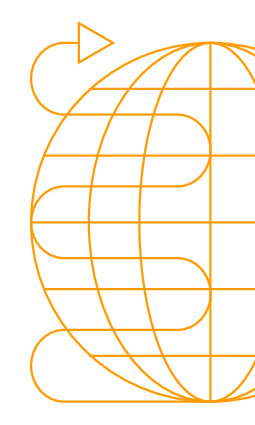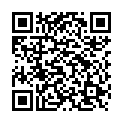Recommended or required reading:
Bieger, T., Tourismuslehre - Ein Grundriss (aktuelle Ausgabe), Haupt, Bern, 978-3-8252-2536-0
Buchwald, K; Engelhardt, W. (Hrsg.), Freizeit, Tourismus und Umwelt, 1998, Economica Verlag, Bonn, 3-87081-582-5
Diekmann, A.; Smith, M. K., Ethnic and Minority Cultures as Tourist Attractions, 2015, Channel View Publications, Bristol, Buffalo, Toronto, 978-1-84541-483-2
Enzensberger, H. M., Eine Theorie des Tourismus (in: Einzelheiten 1), 1958, Suhrkamp, Frankfurt/M., 3-518-10063-2
Epler Wood, M., Sustainable Tourism on a finite planet (aktuellste Auflage), 2017, Routledge, Oxon, New York, 978-1-138-21758-4
Friedl, H. A., Tourismusethik: Theorie und Praxis des umwelt- und sozialverträglichen Reisens, 2002, Profil Verlag, München, Wien, 3-89019ö530-X
Hennig, C., Reiselust: Touristen, Tourismus und Urlaubskultur, 1997, Insel, Frankfurt/M. und Leipzig, 978-3-45816-841-6
Herrmann, F., FAIRreisen, 2016, oekom, München, 978-3-86581-808-9
Kramer, D., Der sanfte Tourismus - Umwelt- und Sozialverträglicher Tourismus in den Alpen, 1983, Österreichischer Bundesverlag, Wien, 3-215-04841-8
Krippendorf, J., Die Ferienmenschen - Für ein neues Verständnis von Freizeit und Reisen, 1984, Orell Füssli Verlag, Zürich, 3-280-01481-6
Luger, K.; Wöhler, K. (Hrsg.), Welterbe und Tourismus (Schützen und Nützen aus einer Perspektive der Nachhaltigkeit), 2008, Studienverlag, Innsbruck, Wien, Bozen, 978-3-7065-4518-1
N.N. Equations - Equitable Tourism Options, Indigenous Peoples, Wildlife and Ecotourism, 2002, Equations, Bangalore, n. a.
Opaschowski, H. W., Tourismus: eine systematische Einführung; Analysen und Prognosen, 2002, Leske + Budrich, Opladen, 3-8100-3216-6
Rauschelbach, B.; Schäfer, A.; Steck, B., Cooperating for Sustainable Tourism - Kooperieren für Nachhaltigen Tourismus, 2002, Kasparek Verlag Heidelberg, 3-925064-34-6
Schäfer, R., Tourismus und Authentizität - Zur gesellschaftlichen Organisation von Außergewöhnlichkeit, 2015, Transcript, Bielefeld, 978-3-8376-2744-2
Spode, H., Wie die Deutschen "Reiseweltmeister" wurden - Eine Einführung in die Tourismusgeschichte, 2003, Landeszentrale für Politische Bildung Thüringen, Erfurt, 3-931426-74-2
Steinecke, A., Internationaler Tourismus, 2014, UVK, Konstanz, 978-3-8252-4202-2
Strasdas, W.; Rein, H. (Hrsg.), Nachhaltiger Tourismus (aktuellste Ausgabe) 2015, UVK, Konstanz, 978-3-8252-4196-4
Urry, J., The Tourist Gaze - Leisure and Travel in Contemporary Societies (aktuellste Auflage) 1990, Sage Publications, London 0-8039-8182-1
[updated 14.11.2022]
|


